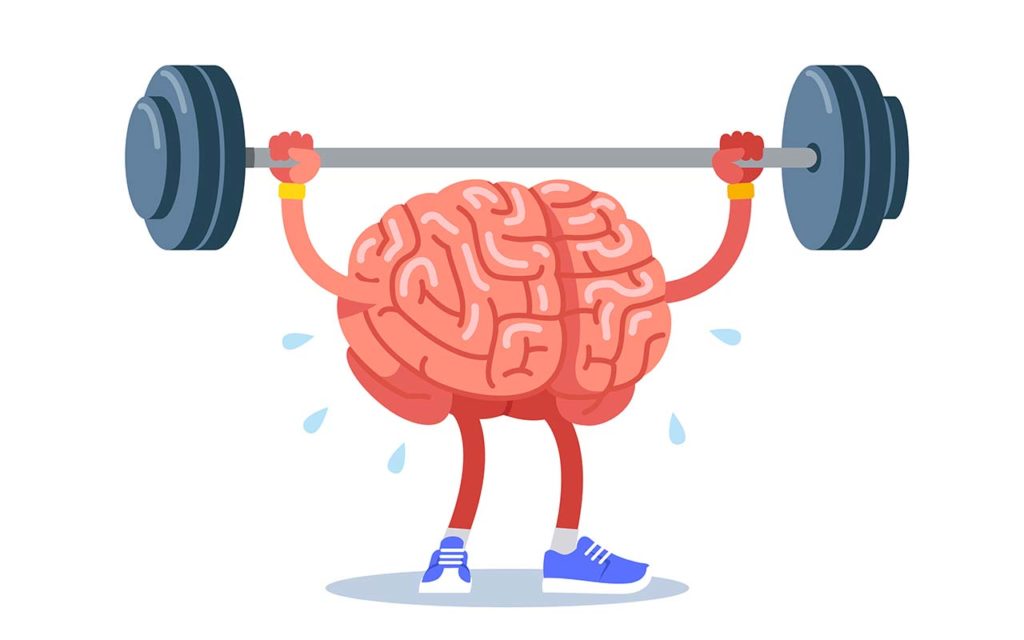Getting Active & Dementia

The Key Points:
Suggestions on how to get active:
Please talk to your GP before starting a new exercise regime.
- Just moving a little every 30 to 60 minutes can have profound effects on reducing your risk of dementia. Instead of being sat for prolonged periods of time, every now and then try to get up, walk for a few minutes or stretch to break up being sedentary.
- If you are just getting started, you don’t have to go for a 20-minute run to be active. Instead, go for a 10-minute walk in the morning to start your day, and then again in the afternoon to help you move more.
- Pick an activity that you enjoy and see if a friend or family member wants to join you. Getting active with a friend or family member can help you get motivated and stay motivated.
- When first starting out, start off slowly, build up the duration and intensity of exercise over time. This will help your body adapt over time and reduce feelings of muscle soreness which is a typical response that happens when doing a new exercise or a hard session.
- If you are already active, aim for 30 minutes of moderate intensity physical activity for 5 days of the week, ensuring you don’t rest for more than 2 days between these sessions. Alternatively, you can aim for a more vigorous and intense activity for a minimum of 20 minutes 3 days a week1.
Getting Active & Dementia: The Key Points
- A report that was published by World Alzheimer’s Society stated that around 50 million people worldwide struggle with dementia. This number has been predicted to increase to more than 131 million people by 20502.
- Dementia is a syndrome that usually presents itself in a progressive manner (sometimes slowly, sometimes rapidly) where there is a deterioration in the ability to process thought. It affects memory, thinking, orientation, comprehension, calculation, learning capacity, language and judgement3.
- Out of all the lifestyle changes that you can do, being physically active is one of the biggest lifestyle interventions you can incorporate to reduce the risk of dementia.
- Growing scientific evidence highlights that regular physical activity plays an important role in improving brain function, having the greatest effect in reducing the risk of dementia. Physical activity can reduce risk by 30%.
- Memory and other cognitive functions are impaired when the hippocampus, which is the area in the brain essential for learning and memory, shrinks. Physical activity increases expression of BDNF (brain derived neurotrophic factor) which is a protein that plays an important role in neuronal development and functions including: memory, learning, and how to respond4.
References:
- Lucia, A., and Ruiz, J.R. (2011). “Exercise is beneficial for patients with Alzheimer’s disease: a call for action.” British Journal of Sports Medicine. 45(6):468-9.
- Prince, M., Guerchet, M., Prina, M. (2013). “Policy brief for heads of governments.” The Global Impact of Dementia 2013-2050.
- World Health Organisation (WHO). (2020). “Dementia.” https://www.who.int/news-room/fact-sheets/detail/dementia
- Zoladz, J.A. and Pilc, A. (2010). “The effect of physical activity on the brain derived neurotrophic factor: From animal to human studies.” Journal of Physiology and Pharmacology. 61(5):533-541.





